Finding the pony
One of my favorite professors in my counseling program, Ed McKee, taught us a technique called “Finding the Pony” in one of my first counseling courses. Ed had a lasting impact on me from my very first “Counseling Techniques” course. His jokes, metaphors, and witty remarks continue to stay with me as a practicing counselor now.
As the story goes…
Two twin boys were born with vastly different personalities. As babies, one was fearful, concerned, and cried easily. The other was cheerful, smiling, and seemed content in most any situation. As they grew older, their differences contrasted even more, and the parents decided both needed psychotherapy. The goal was that the “pessimistic” one would become more trusting and hopeful; while the “optimistic” one would be less gullible and more wary.
The therapist designed a treatment plan where each boy would spend the day in different conditions: the pessimistic boy would be placed in a room with an enormous amount of toys and games and was told he could do whatever he wanted to with them. The optimistic boy was given a shovel and placed in a barn to clean out horse stalls.
Toward the end of the day, the parents went to check on each of their twin sons. They looked in on the pessimistic boy only to find him crying in the corner of the room with all of the toys still in their packages. When they asked him what was wrong, he explained that the toys were so amazing that he was certain that if he played with them he would break them and then he would never get to have them again.
Next the parents walked down to the horse barn to check on their other twin son. Sure enough, there was the optimistic boy whistling and grinning. He had finished cleaning several stalls and was opening the door to the next one, which was filled nearly to the ceiling with horse manure. When asked why he seemed so cheerful in the face of such a task, he replied, “With all this horseshit, there’s got to be a pony in here somewhere!”
(abbreviated from Presbury, Echterling, & McKee, 2002, p. 118)
It is easy to feel overwhelmed, discouraged, and down when we focus on all of the problems and negative outcomes. But when we are willing to look for the good – the possibilities, gifts, and opportunities – we are able to access a shift in perspective. We change our mood and our outlook. We broaden our range of responding to dire circumstances.
Such a change in perspective can also influence the strength and resilience of our immune systems. In contrast, it is widely documented that cortisol – the stress hormone – weakens our immune response.
“Challenges are gifts that force us to search for a new center of gravity. Don’t fight them. Just find a new way to stand.”
— Oprah Winfrey
I have witnessed many “gifts” coinciding with the current COVID-19 situation we all find ourselves in. Here are just a few of the gifts I have noticed as we wrestle with shifting our expectations, our processes for doing things, and our schedules in response to the current pandemic:
Generosity
One of my favorite duos Heather Mae and Crys Matthews hosted a free online concert Sunday evening (donations encouraged). Lots of other great musicians are doing the same – offering live music online at low or no cost. The Metropolitan Opera is streaming past performances for free. Public school systems are serving free lunches to kids at designated drop off locations. Volunteers are stocking food pantries. Friends are rallying around opportunities to support small businesses by picking up dinner to-go from local restaurants. Generosity, kindness, and thoughtfulness abound.
Human creativity
When our usual ways of getting tasks accomplished are temporarily blocked, we are gifted an opportunity to get creative. Perhaps we become more efficient in how we use our time. Some of us have children at home and work responsibilities to keep up with, and there’s no one-size-fits-all plan for how to make it all work. Maybe we find ourselves leaning on others or collaborating in novel ways. Alternately, the containment efforts could be opening up extra alone time with ourselves – perhaps we are able to create art, write music, journal, craft, or reconnect with a hobby we once loved.
The gift of slowing down
When we are forced to slow down and stay home, we may relish in the gift of introspection. We might find ourselves contemplating, daydreaming, or enjoying our lives in new ways. Often when we slow down, life has a way of becoming more simple. We may see problems or situations with greater clarity. Priorities come into focus. We pause to notice how we feel.
Bonding with our loved ones
With increased time together in small spaces, we have the opportunity to connect more deeply with those we love and live with. My family has been more intentional about how we are spending our day. We have enjoyed board games together and “old school” outdoor games like whiffle ball in the backyard and hopscotch in the driveway. We’ve taken hikes in the woods together and collected items to build fairy houses. It feels like we are building and strengthening the connective tissue that holds us together as a unit. For this, I feel deeply and utterly grateful.
What are the gifts you are noticing in your life through the current crisis? Are you able to find the pony? And if not, are you willing to keep looking?
Reference:
Presbury, J. H., Echterling, L. G., & McKee, J. E. (2002). Ideas and tools for brief counseling. Pearson: Upper Saddle River.

